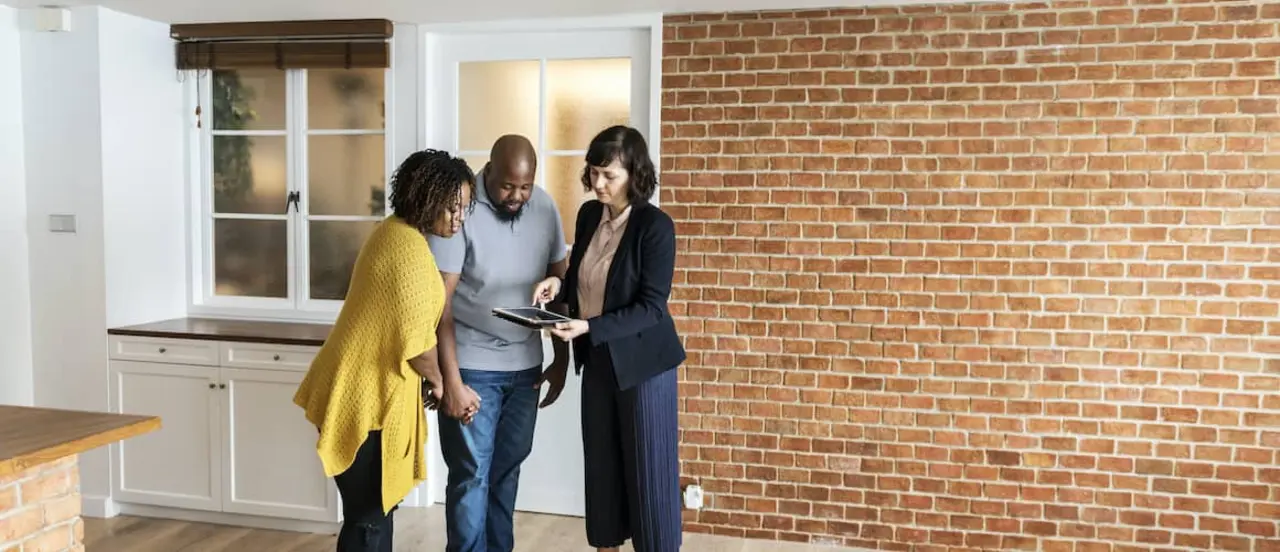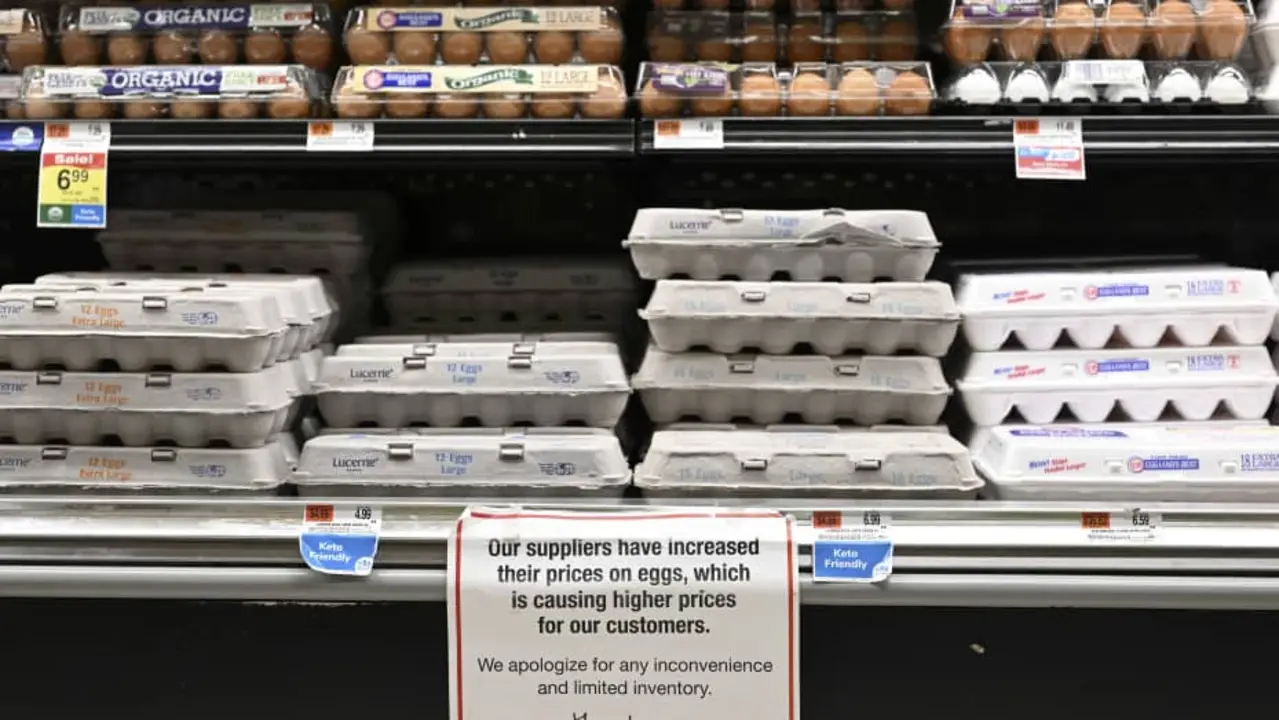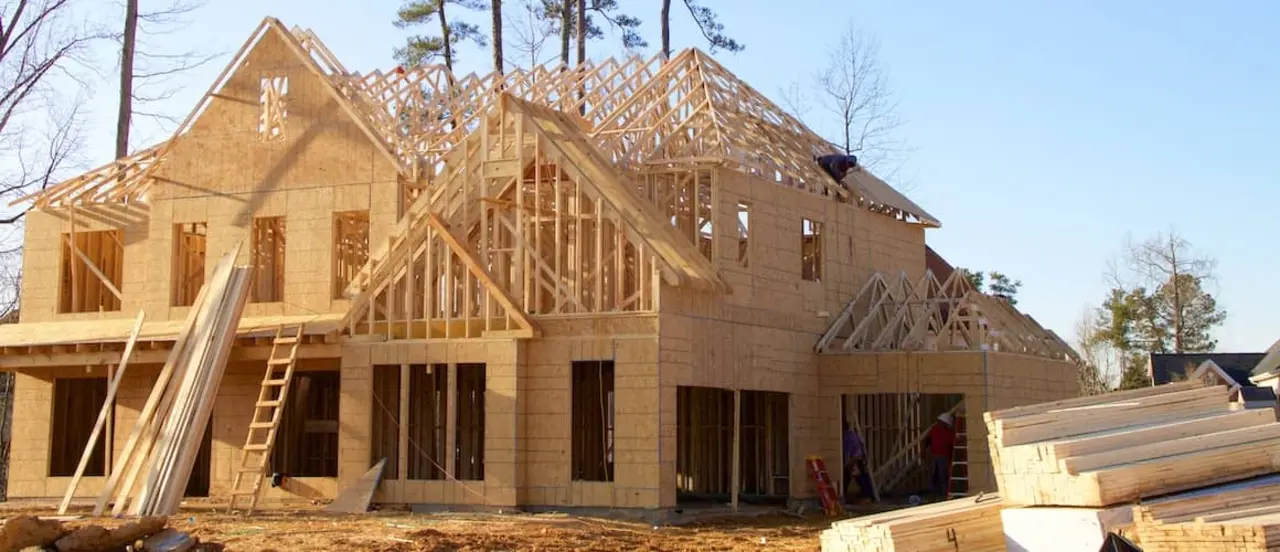Tag: house
Does paying cash for a house lower the price?
Purchasing a house in cash can be a great way to save money, as it can lead to lower prices. While the amount of savings can vary from one situation to the next, it is possible to get a lower price when paying cash. This is because cash offers a greater sense of security for the seller, and they are often willing to negotiate a lower price for a cash buyer. Additionally, more traditional methods of financing, such as mortgages, can come with additional fees that can increase the overall cost of the home. By paying in cash, these fees are avoided, allowing buyers to get a better price.
Can I sell my house if I own 60% of it?
Selling a house that you partially own can be a tricky affair, especially if you only own 60% of the property. You'll need to figure out how to navigate the legal and financial details, such as who will own the remaining 40%, how much of the proceeds you'll receive, any taxes or closing costs, and what paperwork you'll need to complete. Fortunately, with the help of a real estate agent and/or attorney, you can make sure the sale goes smoothly and you get your share of the profits. With the right approach, you can successfully sell your partially owned house and move on to your next venture.
Can you get a mortgage on a house that needs work?
Getting a mortgage on a house that needs work can be a great opportunity for home buyers. With the right renovation loan, you can cover the cost of repairs and upgrades and make the home of your dreams. It's important to understand the process and the risks involved before taking on a fixer-upper. A mortgage broker can help you navigate the loan process and make sure you get the best deal. With the right financing and a little bit of hard work, you can turn an outdated home into a beautiful, modern oasis.
How to buy a house mortgage for a low income?
Buying a house can be a daunting prospect, especially for those on a low income. Fortunately, there are options available to help make your dream of homeownership a reality. Mortgages for low-income earners work similarly to traditional mortgages, but come with more flexible options to make them more accessible. To get started, it's important to understand what your credit score is, as this will impact the interest rate you're offered. Additionally, many lenders offer lower interest rates for those with a low income, so it's important to shop around and compare offers. Finally, you may be eligible for government programs that can help reduce your down payment and monthly payments. With the right tools and a bit of research, homeownership can be within reach.



